Home>Articles>How Long To Cook Pasta In Electric Pressure Cooker
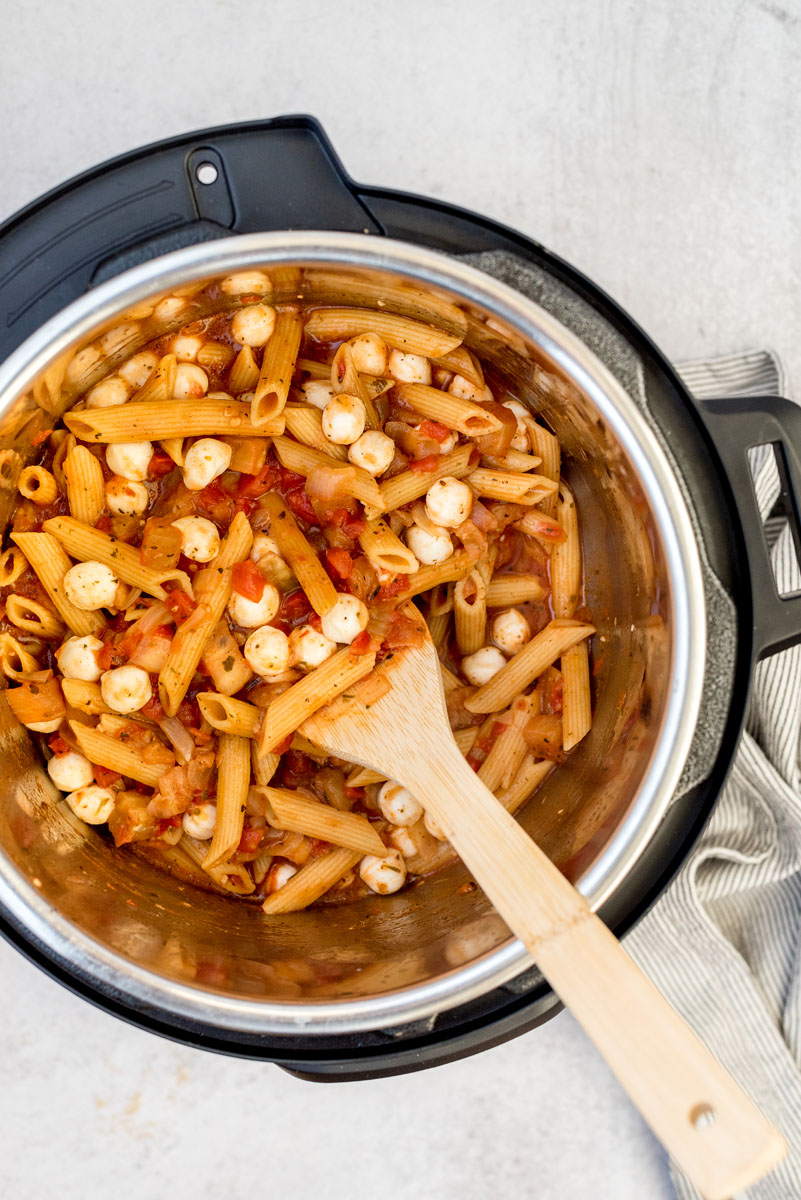

Articles
How Long To Cook Pasta In Electric Pressure Cooker
Modified: January 6, 2024
Discover the perfect cooking time for pasta using an electric pressure cooker. Take the guesswork out of your meal prep with our helpful articles.
(Many of the links in this article redirect to a specific reviewed product. Your purchase of these products through affiliate links helps to generate commission for Storables.com, at no extra cost. Learn more)
Introduction
Welcome to the world of electric pressure cookers, where cooking pasta has become easier and more efficient than ever before. Gone are the days of waiting for a large pot of water to boil on the stove and constantly monitoring the pasta to ensure it doesn’t get overcooked. With an electric pressure cooker, you can now enjoy perfectly cooked pasta in a fraction of the time.
In this article, we will explore the benefits of using an electric pressure cooker for cooking pasta, the factors that affect cooking time, recommended cooking times for different types of pasta, and some tips to achieve perfectly cooked pasta every time.
So, let’s dive in and discover how an electric pressure cooker can revolutionize your pasta cooking game!
Key Takeaways:
- Revolutionize your pasta game with an electric pressure cooker! Enjoy time-saving, energy-efficient, and nutrient-retaining benefits while achieving consistent, perfectly cooked pasta every time.
- Master the art of pasta perfection with an electric pressure cooker. Follow recommended cooking times, experiment with adjustments, and unleash your creativity for delicious, hassle-free pasta dishes.
Benefits of Using an Electric Pressure Cooker for Pasta
Using an electric pressure cooker to cook pasta offers several advantages over traditional stovetop methods. Here are some of the key benefits:
- Time-saving: One of the main advantages of using an electric pressure cooker is the significant reduction in cooking time. With a pressure cooker, you can cook pasta in a fraction of the time compared to boiling it on the stove. This is because the sealed and pressurized environment in the cooker allows for faster heat transfer, resulting in quicker cooking.
- Energy-efficient: Electric pressure cookers are known for their energy efficiency. They require less time and energy to reach and maintain optimal cooking temperatures, making them a more sustainable option compared to conventional stovetop cooking.
- Consistent results: Cooking pasta in an electric pressure cooker helps achieve consistent, evenly cooked results every time. The sealed environment and precise temperature control ensure that the pasta is evenly heated and cooked to perfection without any risk of overcooking or undercooking.
- Retains nutrients: Pressure cooking is known for its ability to retain more nutrients in food compared to traditional boiling methods. When you cook pasta in an electric pressure cooker, the nutrients in the pasta are better preserved, resulting in a healthier and more nutritious meal.
- Less water usage: Unlike traditional boiling methods that require a large pot of water to cook pasta, electric pressure cookers need significantly less water. This not only saves water but also reduces the time needed to boil the water, further saving energy.
In addition to these benefits, electric pressure cookers offer convenience and ease of use. Most models come with pre-programmed settings for cooking pasta, taking the guesswork out of determining the cooking time and ensuring consistent results.
Now that you understand the advantages of using an electric pressure cooker for pasta, let’s explore the factors that can affect the cooking time in the next section.
Factors Affecting Cooking Time in an Electric Pressure Cooker
While an electric pressure cooker can significantly reduce the cooking time for pasta, several factors can affect the overall cooking time. It’s essential to understand these factors to ensure the pasta is cooked to perfection.
1. Type of Pasta: Different types of pasta have varying cooking times. Thin and delicate pasta such as angel hair or thin spaghetti will cook much faster than thicker pasta like penne or rigatoni. Consider the type of pasta you’re using when determining the cooking time.
2. Quantity of Pasta: The amount of pasta you cook will impact the cooking time. Cooking a larger quantity of pasta might require slightly longer cooking time to ensure all the pasta is cooked evenly.
3. Water Level: The water level in the electric pressure cooker affects the cooking time. Ensure that you have enough water to submerge the pasta, but avoid exceeding the maximum fill line recommended by the manufacturer.
4. Pressure Release Method: Different recipes and preferences may dictate different pressure release methods. The natural release method allows the pressure to come down naturally, while the quick release method involves manually releasing the pressure. The choice of pressure release method can affect the overall cooking time.
5. Altitude: If you live at a high altitude, the cooking time may need to be adjusted. Higher altitudes result in lower atmospheric pressure, which affects the boiling point of water. You may need to increase the cooking time slightly to compensate for the altitude.
6. Additional Ingredients: If you’re cooking pasta with additional ingredients like vegetables or meat, consider their cooking time as well. You may need to adjust the cooking time accordingly to ensure that all the ingredients are cooked to perfection.
It’s important to take these factors into account when using an electric pressure cooker to cook pasta. Monitoring the cooking process closely and making adjustments as needed will help you achieve perfectly cooked pasta every time.
Cook pasta in an electric pressure cooker for half the time indicated on the package for al dente texture. Quick release the pressure and drain immediately to prevent overcooking.
Recommended Cooking Times for Different Types of Pasta in an Electric Pressure Cooker
When it comes to cooking pasta in an electric pressure cooker, having a general idea of the recommended cooking times for different types of pasta is crucial. While precise cooking times may vary depending on personal preference and the factors mentioned earlier, the following are approximate cooking times to get you started:
- Thin and Delicate Pasta: Thin and delicate pasta such as angel hair, thin spaghetti, or orzo typically require 1-2 minutes of cooking time. These types of pasta cook quickly and can become mushy if overcooked, so it’s important to monitor them closely.
- Most Common Pasta Shapes: Popular pasta shapes like penne, rigatoni, fusilli, or farfalle generally require 3-4 minutes of cooking time. These shapes are more forgiving and can withstand a slightly longer cooking time without becoming overly soft.
- Denser and Thicker Pasta: Denser and thicker pasta shapes like macaroni, shells, or gnocchi typically require 5-6 minutes of cooking time. These types of pasta take longer to cook due to their denser texture, so a slightly longer cooking time is needed to ensure they are properly cooked.
- Stuffed Pasta: Stuffed pasta like ravioli or tortellini typically require 6-8 minutes of cooking time. The extra time ensures that both the pasta and the filling are thoroughly cooked.
- Whole Wheat Pasta: Whole wheat pasta generally requires slightly longer cooking times compared to regular pasta. Add 1-2 minutes to the cooking time mentioned for each specific shape to ensure that the whole wheat pasta is fully cooked and not too chewy.
Please note that these cooking times are approximate and can vary depending on personal preference and the specific electric pressure cooker model you are using. I recommend starting with the recommended cooking times and adjusting as needed based on your desired level of pasta doneness.
Now that you have an idea of the recommended cooking times, let’s explore some tips to help you achieve perfectly cooked pasta in an electric pressure cooker.
Tips for Achieving Perfectly Cooked Pasta in an Electric Pressure Cooker
While electric pressure cookers make cooking pasta quicker and more convenient, it’s important to follow some tips to ensure that your pasta turns out perfectly cooked every time:
- Use the right amount of water: Follow the manufacturer’s instructions for the minimum and maximum fill levels of water in your electric pressure cooker. Adding too much or too little water can affect the cooking time and the texture of the pasta.
- Break the pasta in half: Breaking long pasta, such as spaghetti or linguine, in half before cooking can help prevent clumping and ensure even cooking.
- Salt the water: Add salt to the water before cooking the pasta to enhance its flavor. Use about 1 teaspoon of salt for every 4 cups of water.
- Preheat the pressure cooker: Preheating the pressure cooker before adding the pasta can help speed up the cooking process. Many electric pressure cookers have a sauté or preheat function that can be used for this purpose.
- Follow the recommended cooking times: Refer to the recommended cooking times for different types of pasta, but keep in mind that these are approximate guidelines. Adjust the cooking time based on your desired level of pasta doneness.
- Use the right pressure release method: Different pasta recipes may require different pressure release methods. For pasta dishes with delicate ingredients, such as seafood, a natural release may be preferred. For other recipes, a quick release may be suitable. Follow the recipe instructions or your own preference for choosing the pressure release method.
- Test for doneness: After the recommended cooking time, perform a quick taste test to check the pasta’s doneness. It should be al dente, meaning it is cooked but still firm to the bite. If it’s not cooked to your liking, you can add a minute or two of additional cooking time and perform another taste test.
- Finish with sauce: Once the pasta is cooked to perfection, drain it and immediately toss it in your favorite sauce or seasoning. The hot pasta will absorb the flavors better, resulting in a more delicious dish.
- Experiment with cooking times: Every electric pressure cooker is slightly different, so don’t be afraid to experiment with cooking times and adjust them to suit your preference. Keep notes on the cooking times that work best for you and your specific electric pressure cooker model.
By following these tips, you can achieve perfectly cooked pasta in your electric pressure cooker, whether you’re making a quick weeknight meal or hosting a dinner party.
Now that you’re equipped with these tips, you’re ready to transform your pasta cooking skills with an electric pressure cooker!
Conclusion
Using an electric pressure cooker to cook pasta can be a game-changer in the kitchen. Not only does it significantly reduce cooking time, but it also offers several other benefits such as energy efficiency, consistent results, and retained nutrients. By understanding the factors that affect cooking time, following recommended cooking times for different types of pasta, and implementing tips for achieving perfectly cooked pasta, you can elevate your pasta dishes to a whole new level.
Remember to consider the type of pasta, the quantity being cooked, the water level, the pressure release method, and any additional ingredients when determining the cooking time. Don’t be afraid to experiment with cooking times to find what works best for your electric pressure cooker model and personal preferences.
With an electric pressure cooker, you can say goodbye to overcooked and undercooked pasta. No more waiting for water to boil or constantly monitoring the cooking process. Enjoy perfectly cooked pasta in a fraction of the time and with minimal effort.
So go ahead, unleash your creativity in the kitchen, and explore the endless possibilities of pasta dishes with your trusty electric pressure cooker. Whether it’s a comforting bowl of spaghetti or a gourmet homemade ravioli, the convenience, efficiency, and consistent results of an electric pressure cooker will leave you impressed and satisfied.
Embrace the world of electric pressure cookers and say hello to perfectly cooked pasta every time you step into the kitchen. Happy cooking!
Frequently Asked Questions about How Long To Cook Pasta In Electric Pressure Cooker
Was this page helpful?
At Storables.com, we guarantee accurate and reliable information. Our content, validated by Expert Board Contributors, is crafted following stringent Editorial Policies. We're committed to providing you with well-researched, expert-backed insights for all your informational needs.
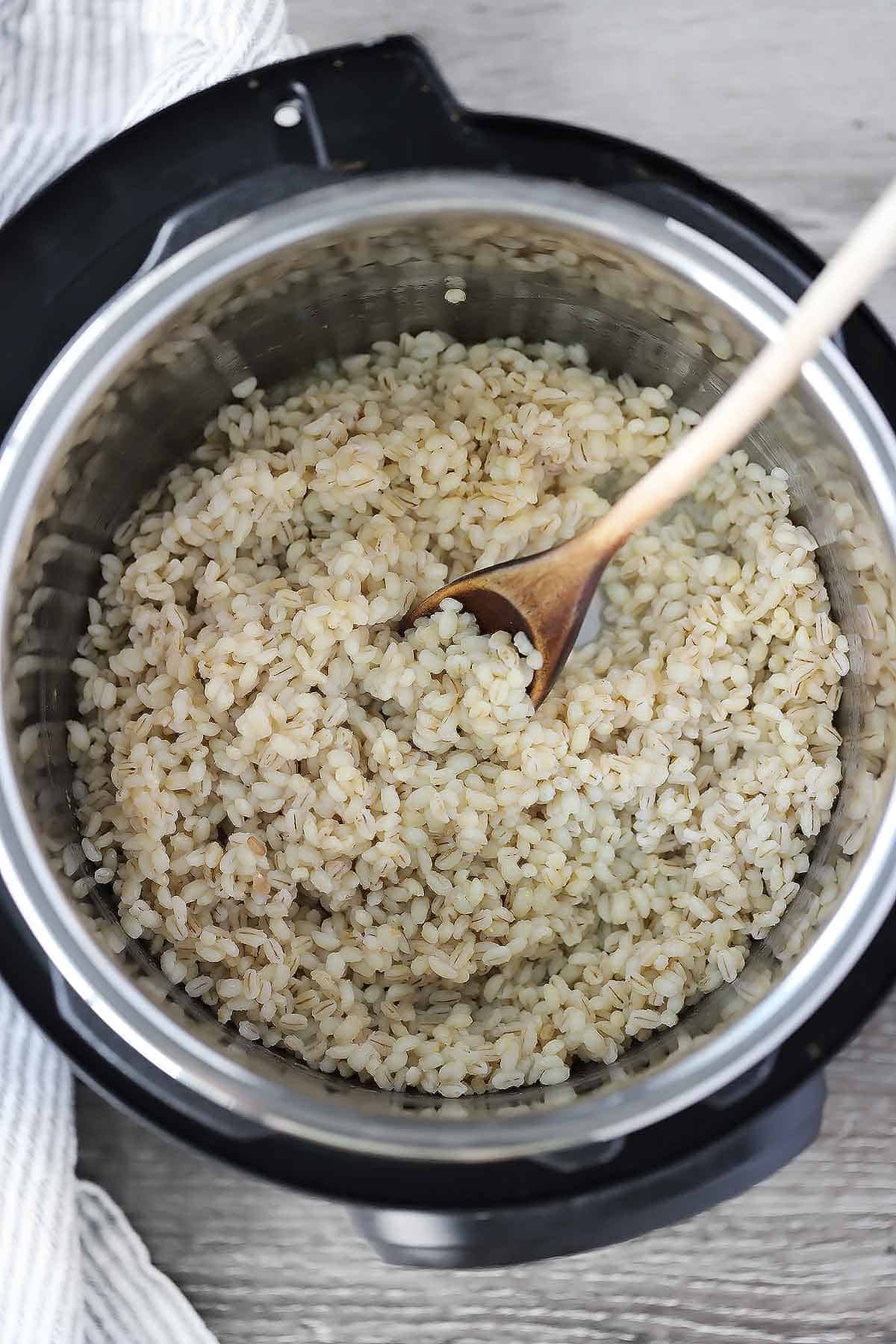
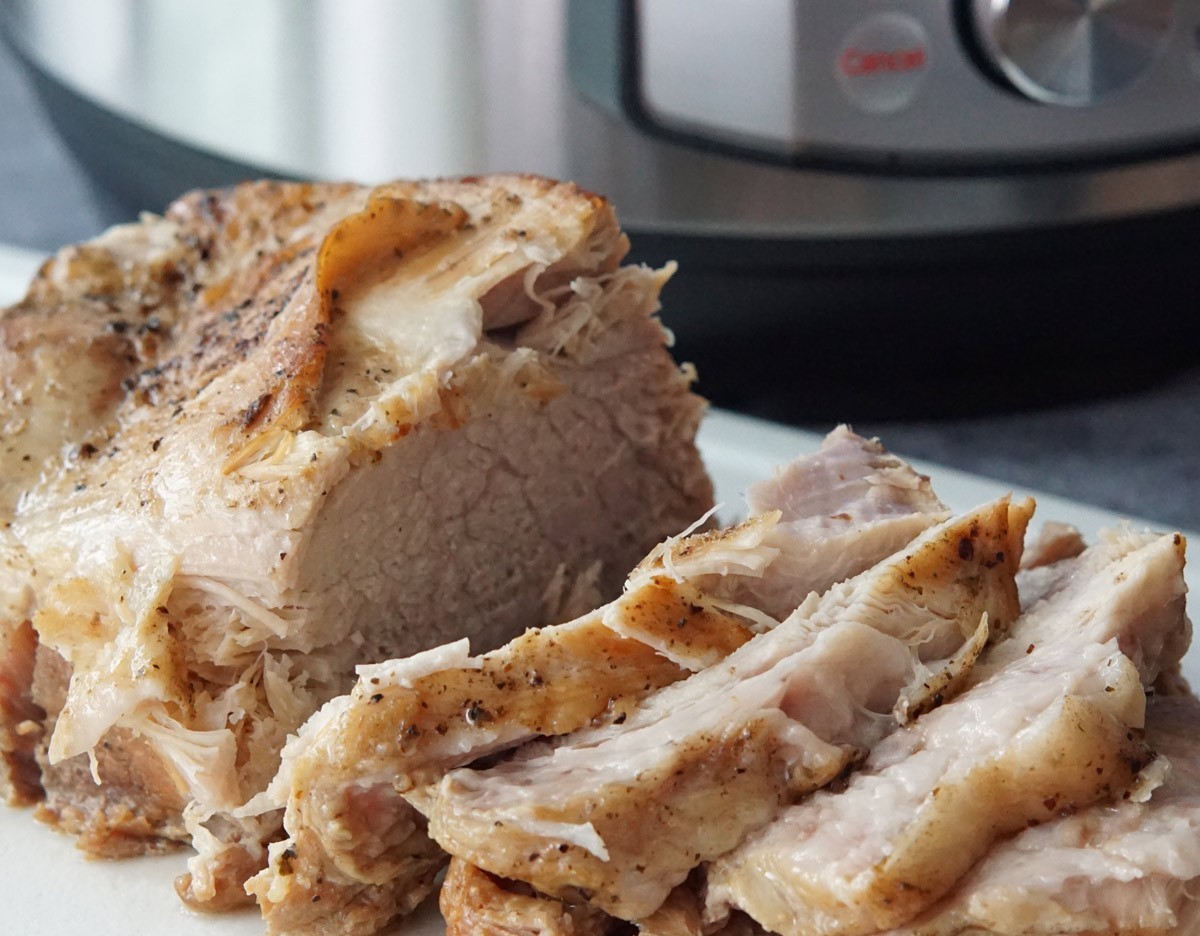
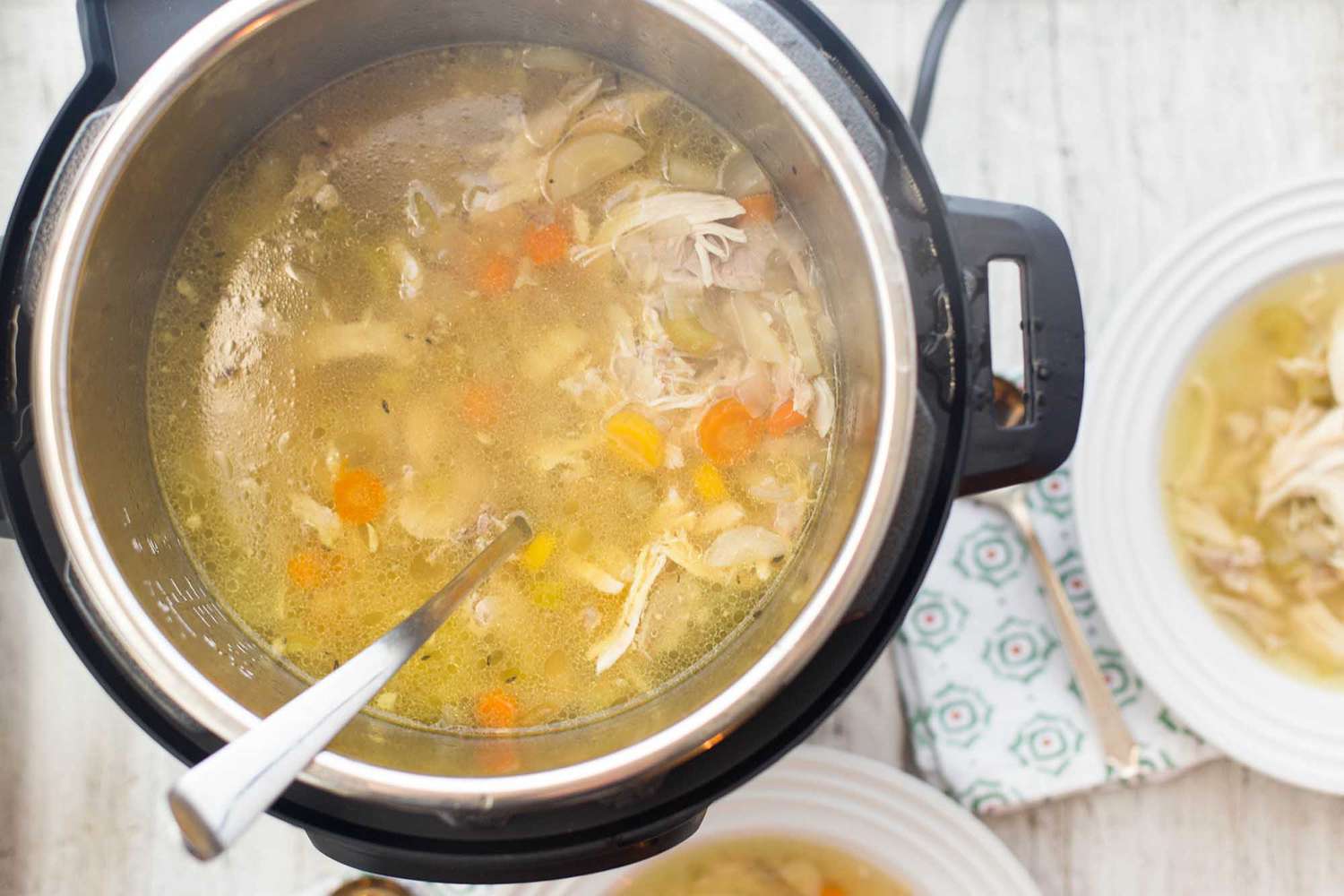
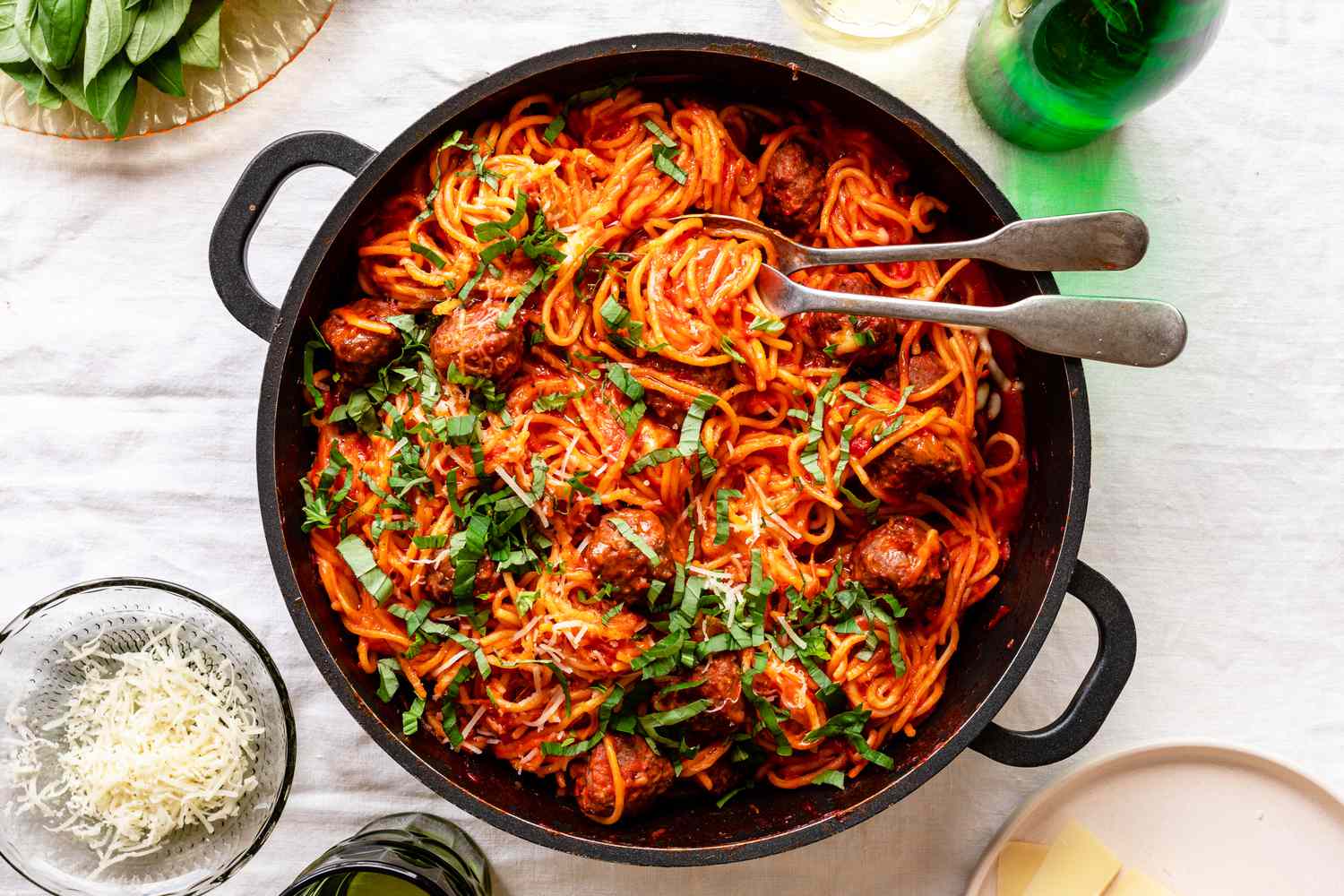
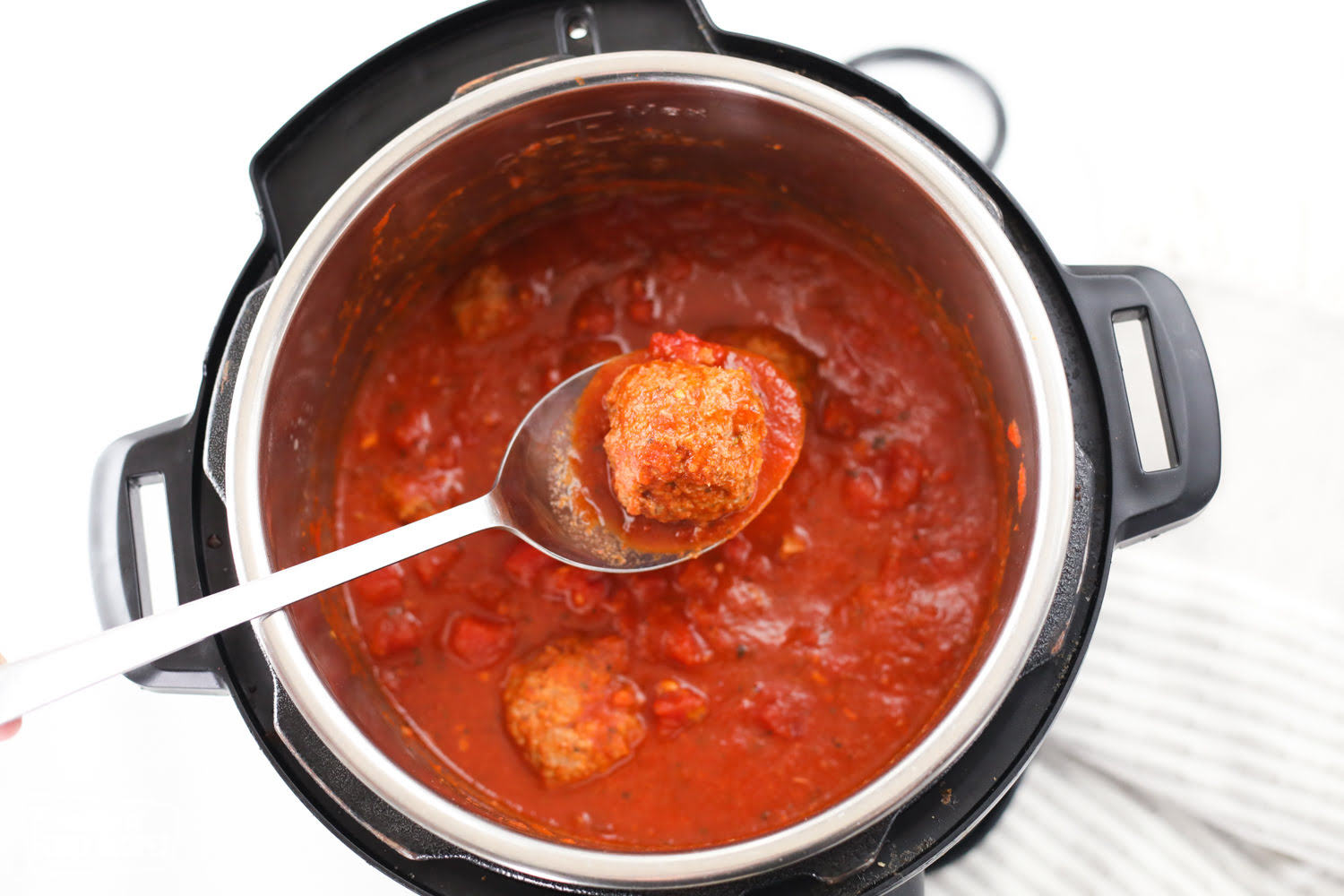
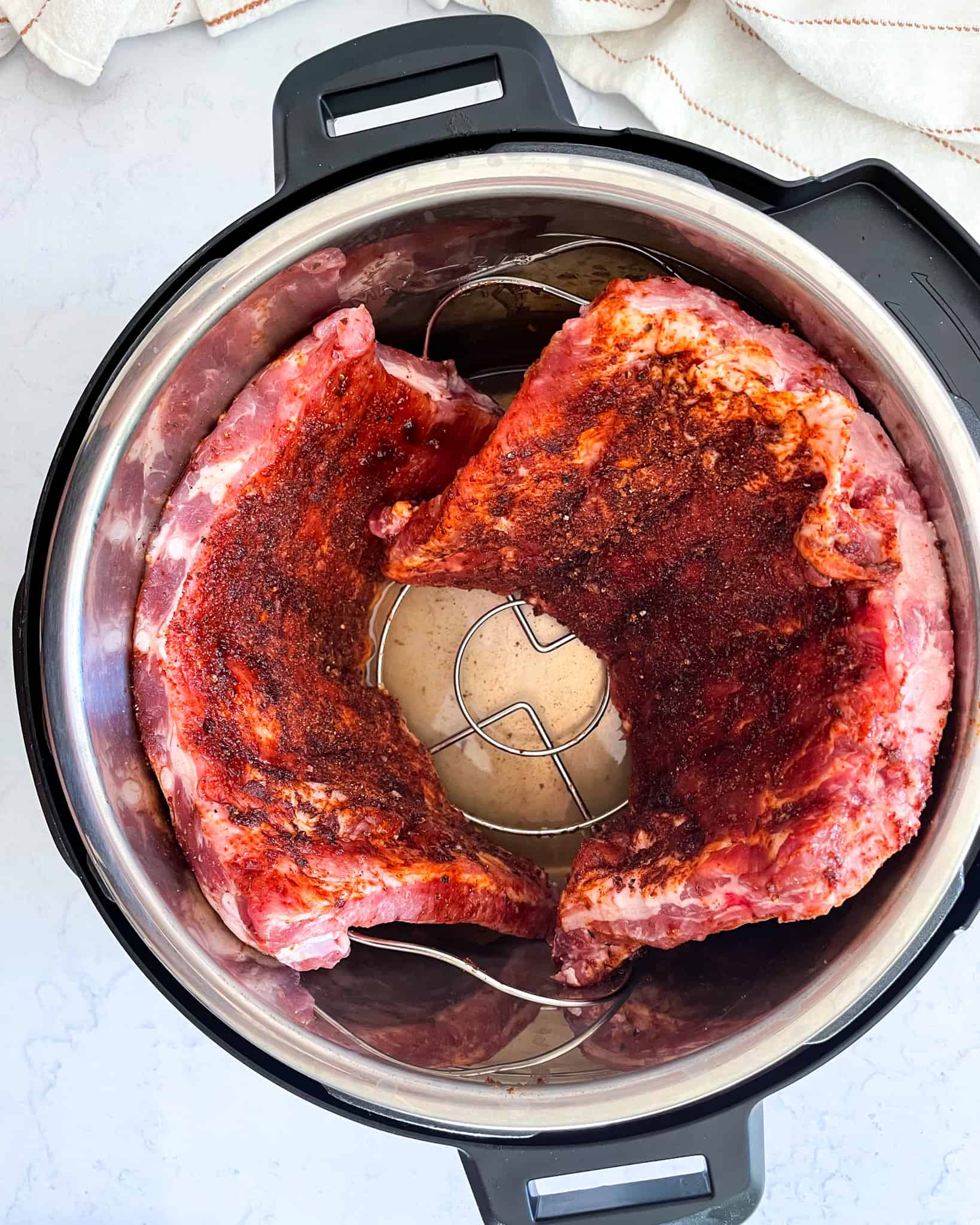
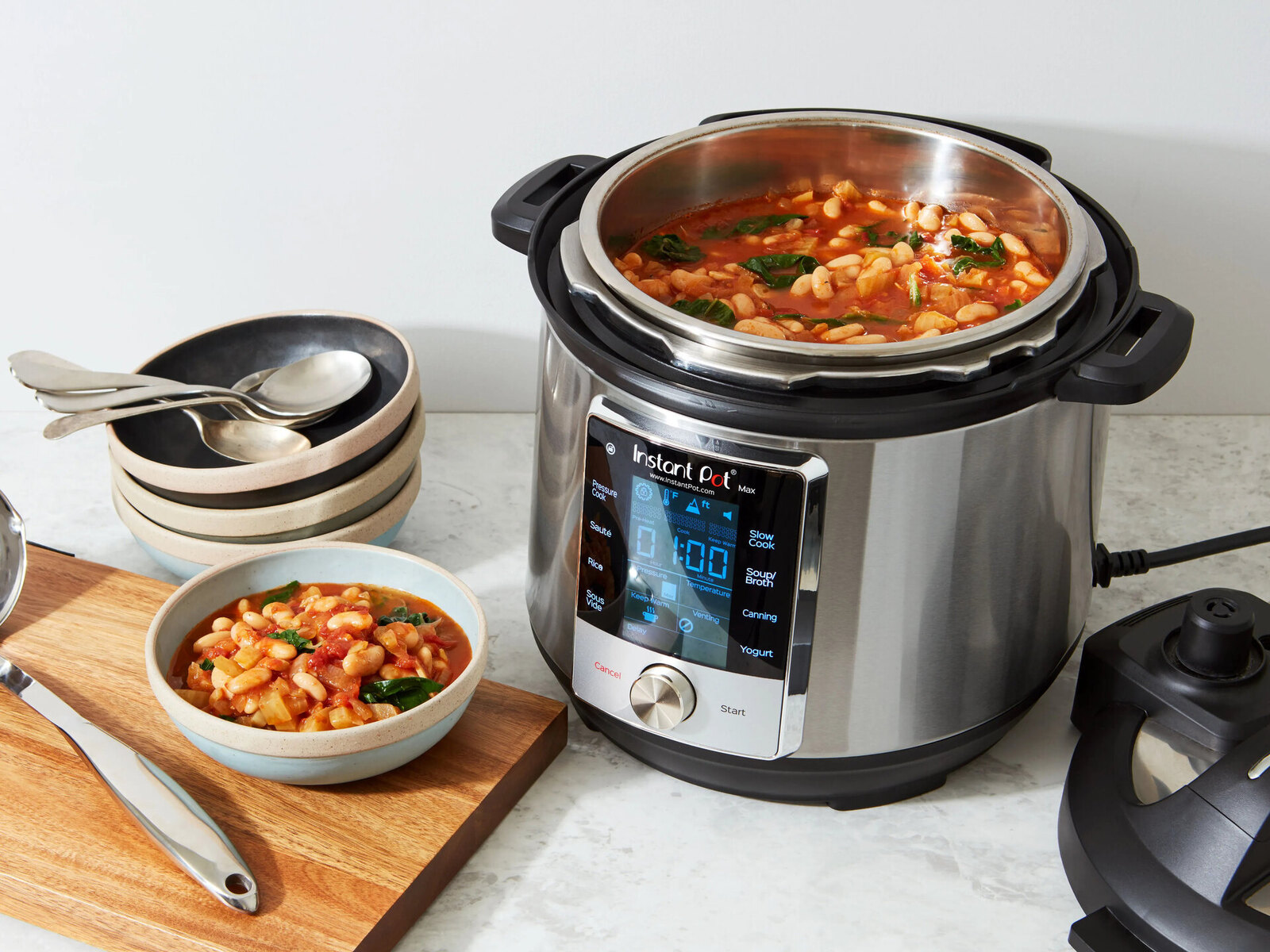
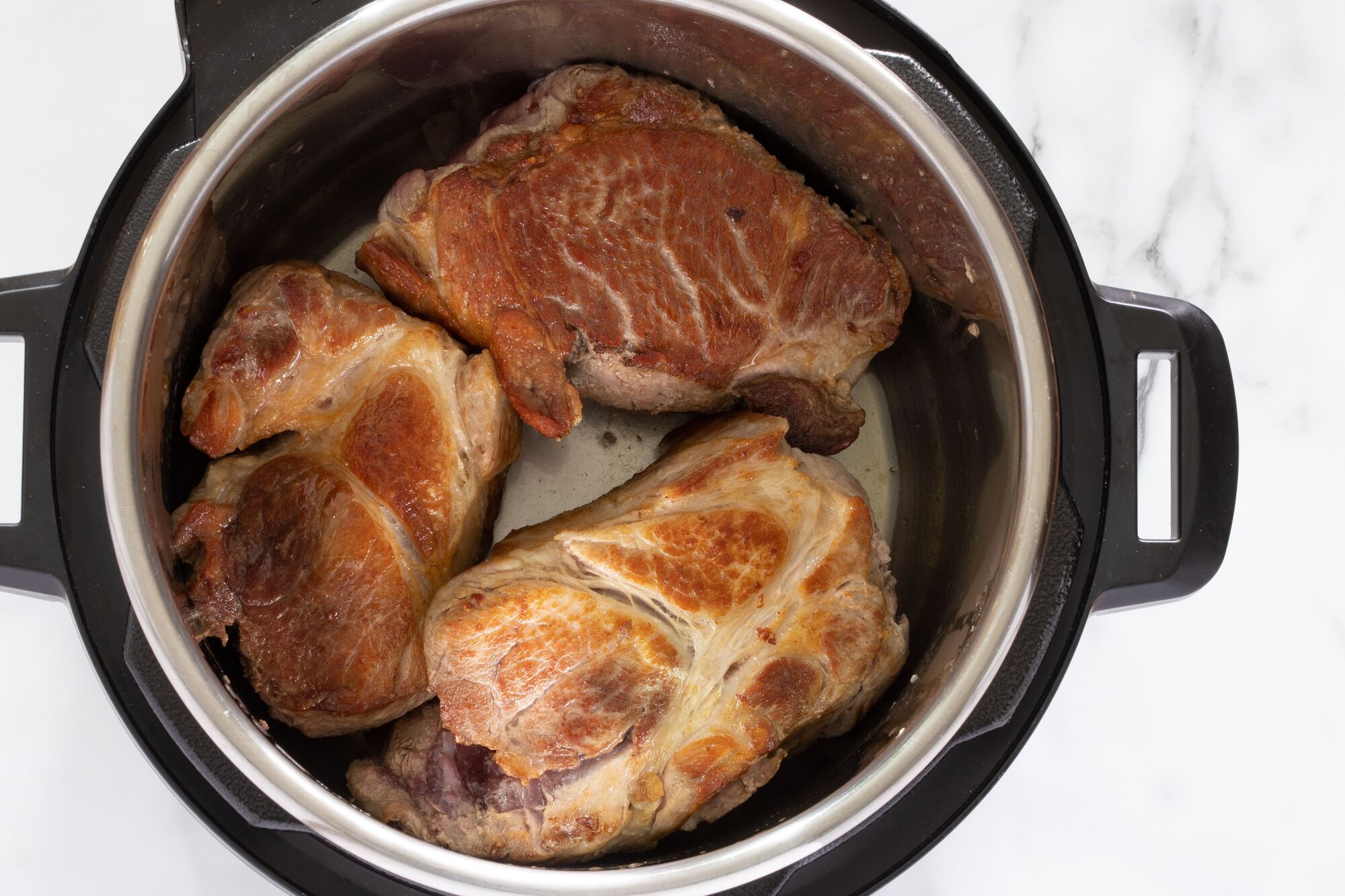
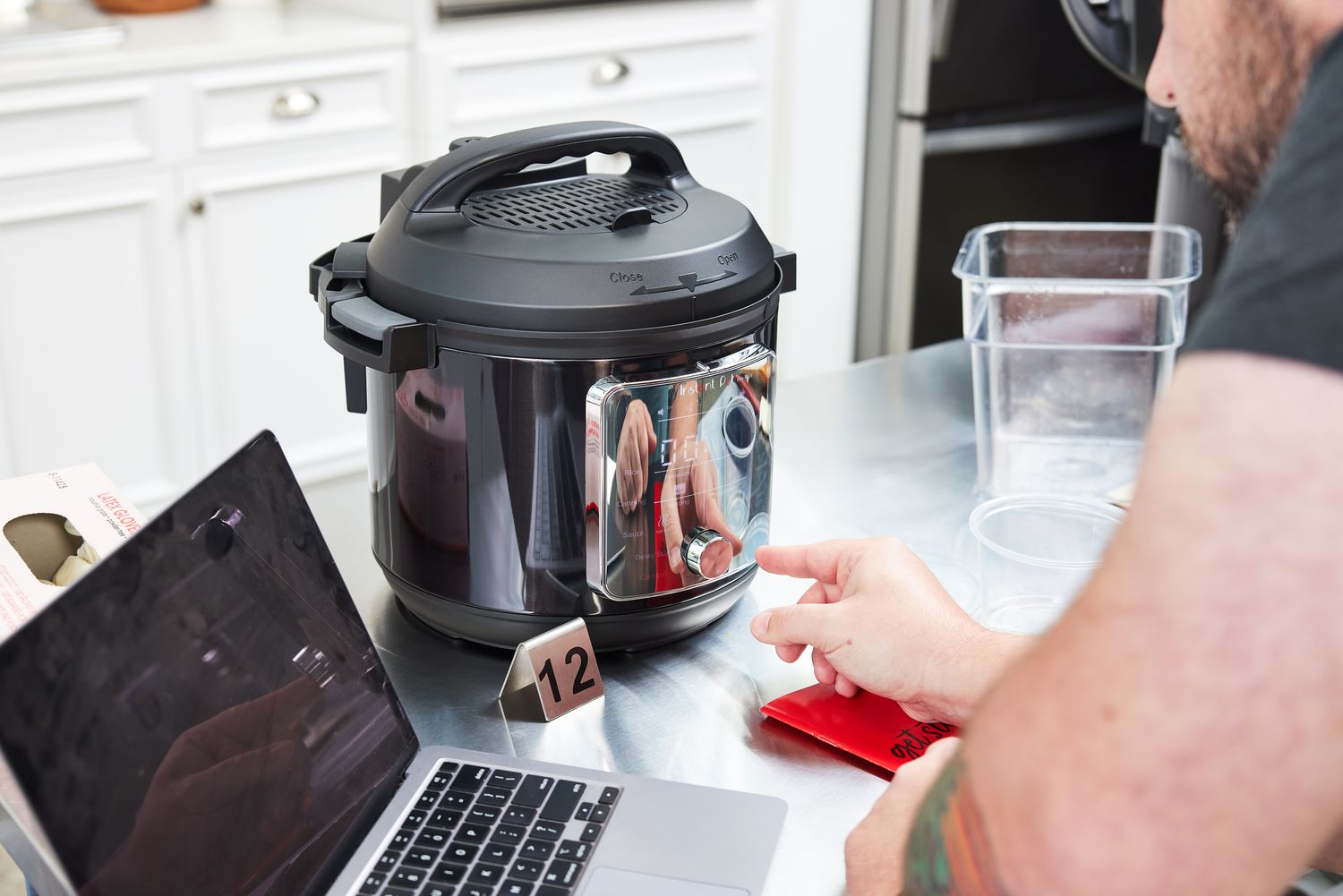
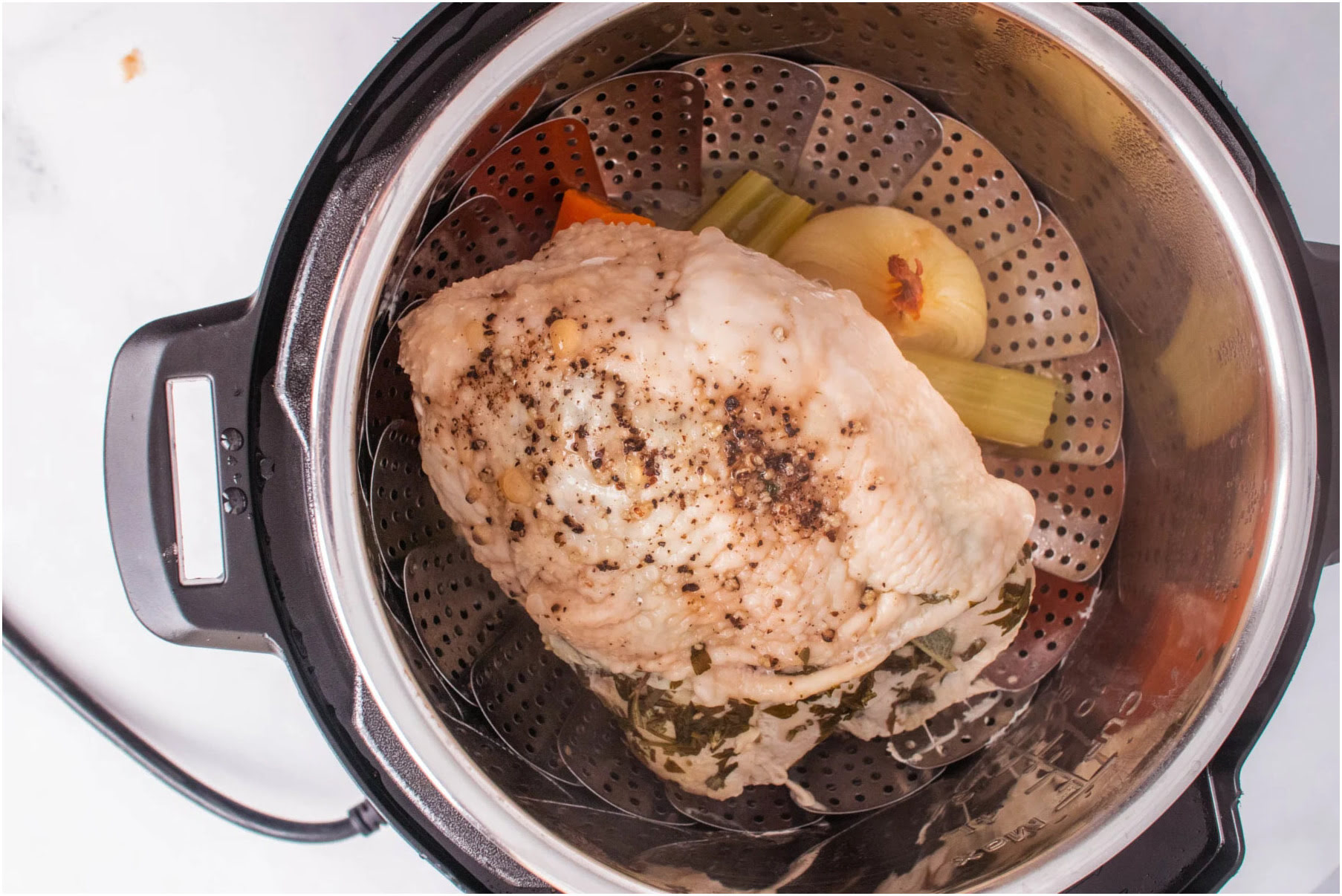
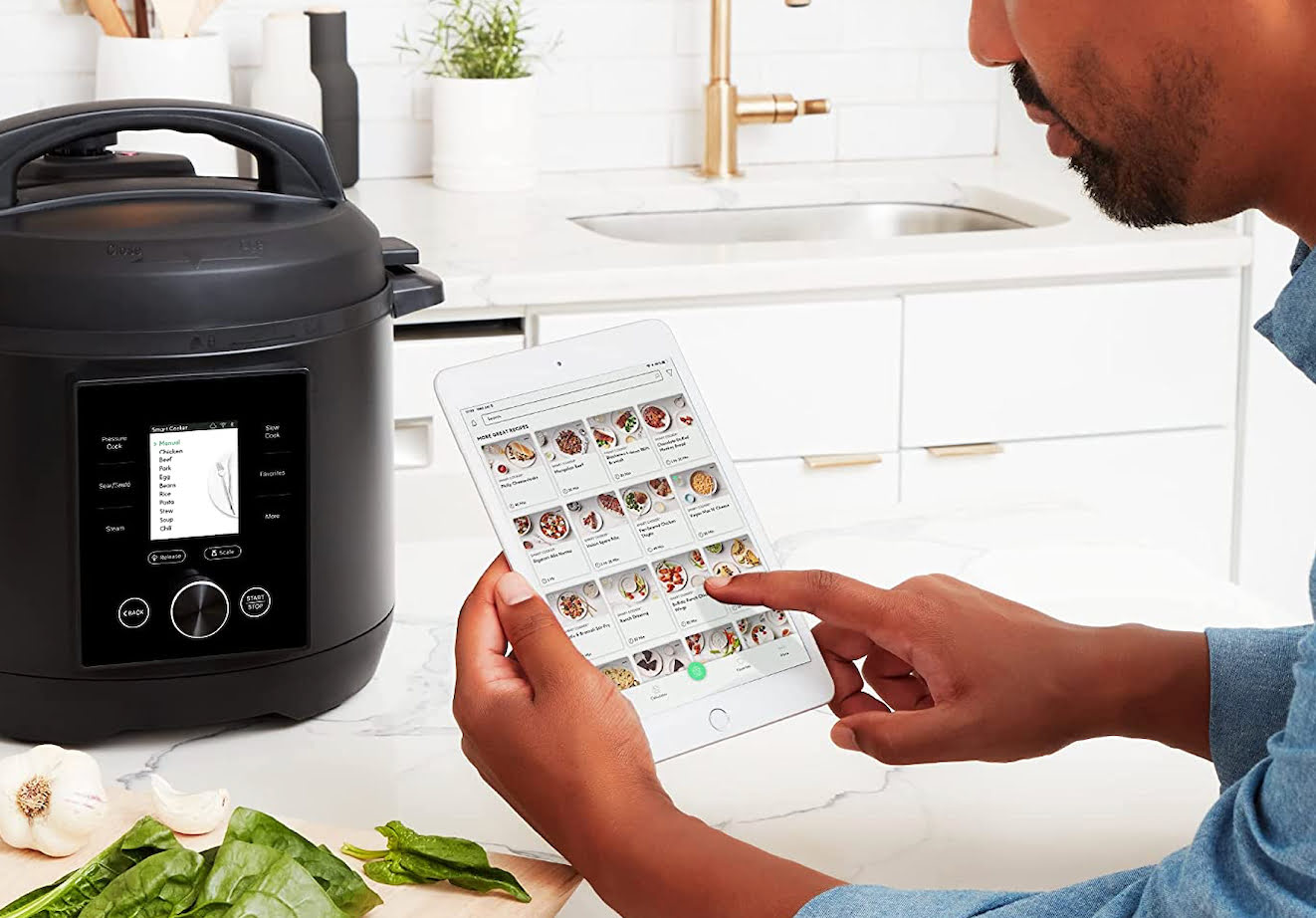
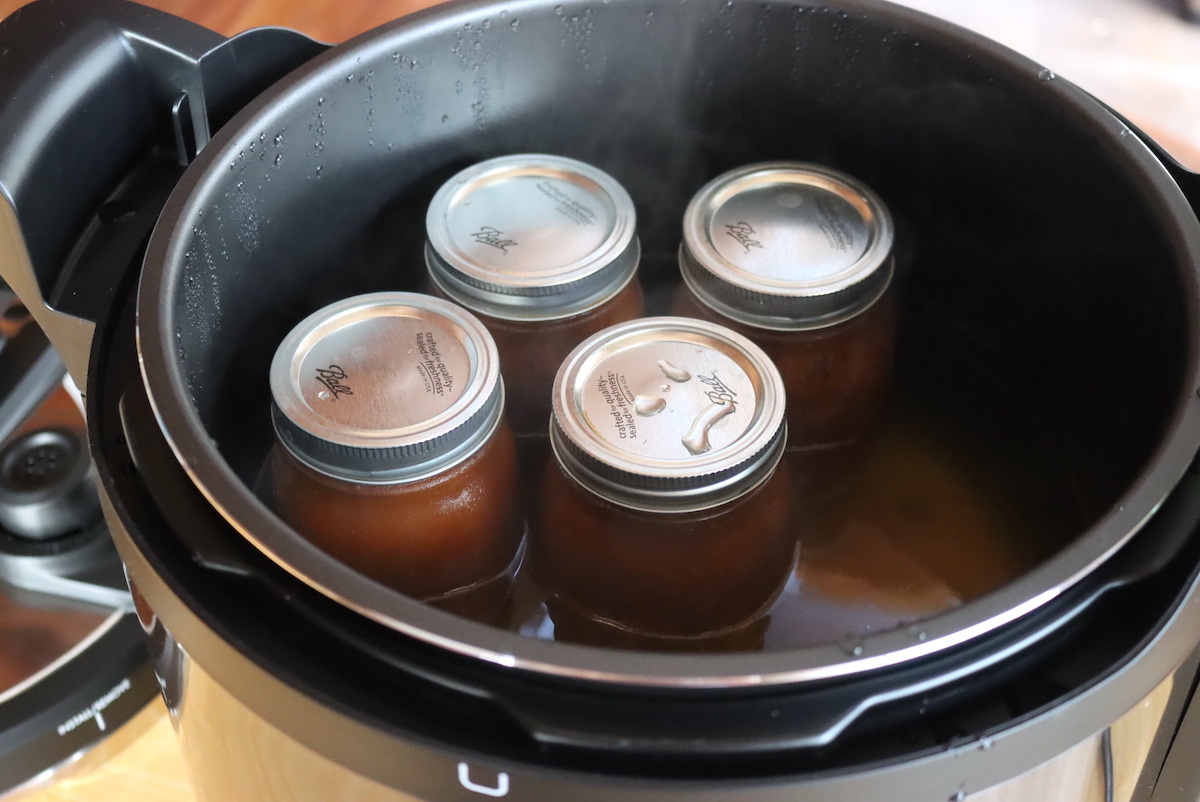
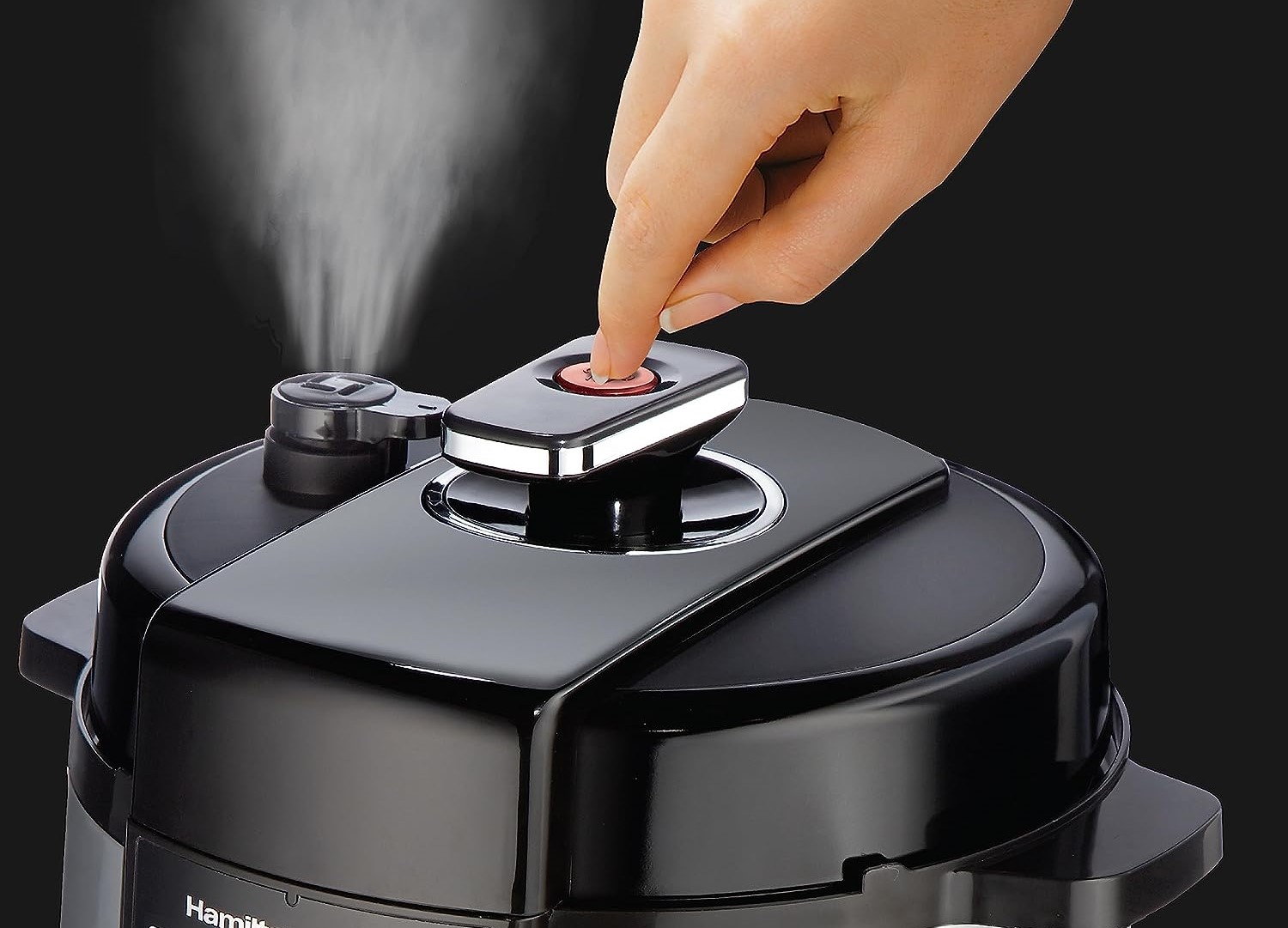
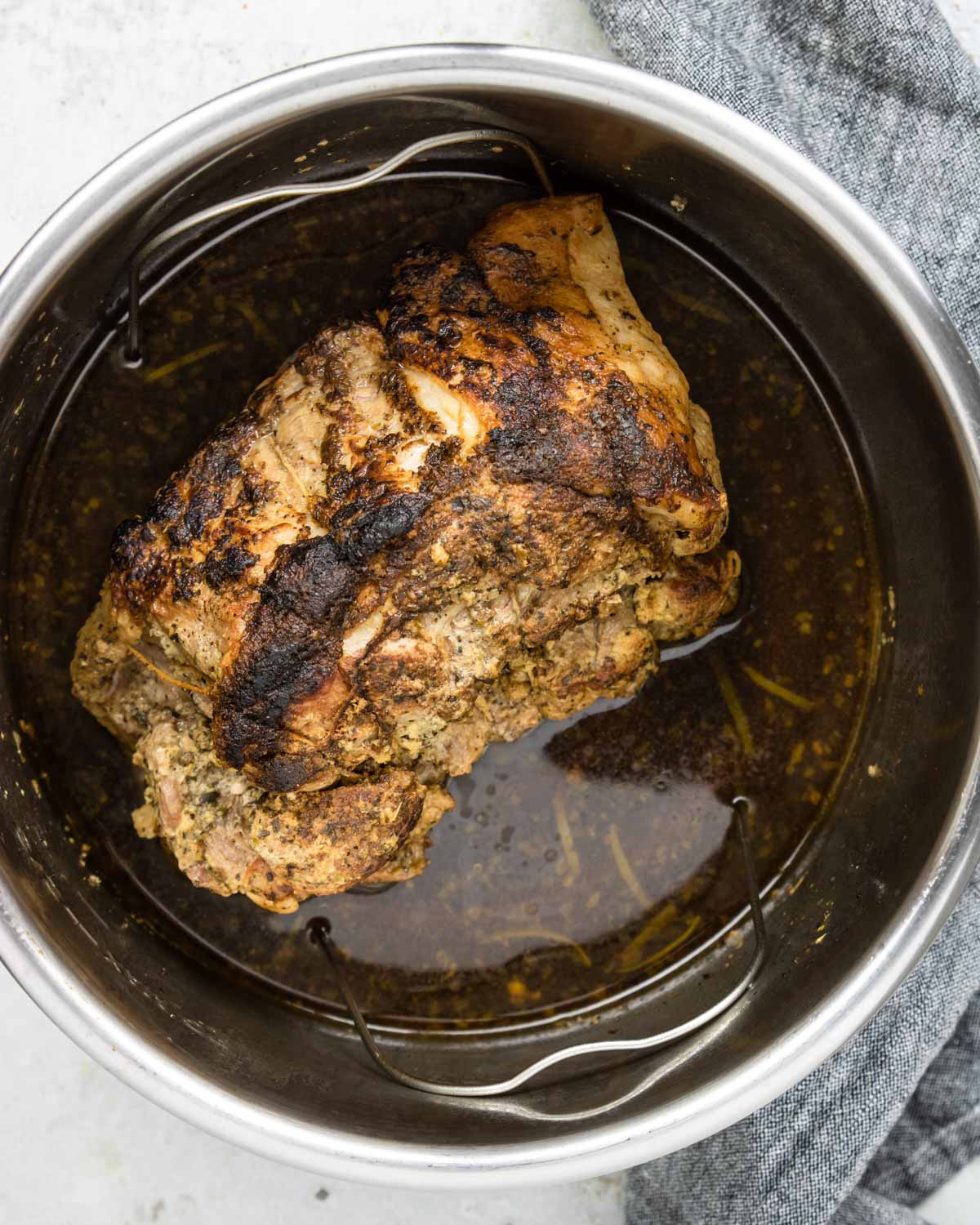

0 thoughts on “How Long To Cook Pasta In Electric Pressure Cooker”